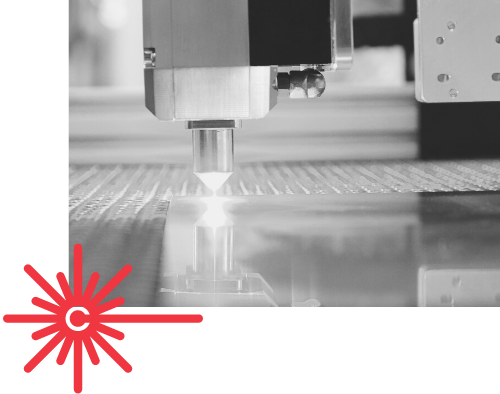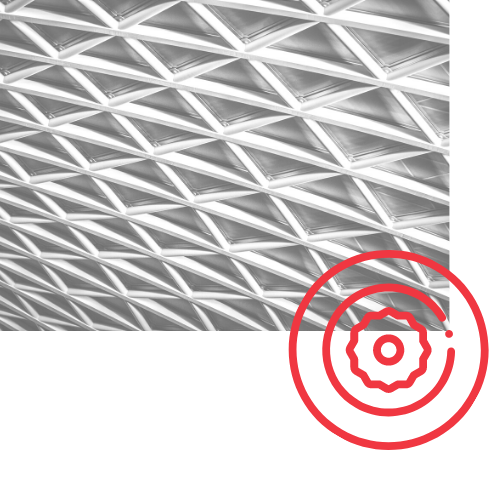
Research and development of the industrial production technology for distance fabrics with large variable distances on air jet weaving machine
Distance fabrics are a key structural element in modern inflatable technologies and can replace,
for example, a jack when lifting an aircraft or an overturned truck. It can also be used to build floating piers as a base for solar panels or to produce lifeboats or paddleboards. Until now, these fabrics have been woven exclusively by hand. The development of an air jet weaving machine has made it possible to automate their production and thus became unique in the world.
Internet of Things (IoT) based intelligent store
This project supported by the DELTA Programme deals with shopping in the store of the future, where digital elements such as screens, sensors, mobile devices, smart glasses, etc. are interconnected and create a pleasant and tailor-made shopping experience for each customer. Researchers are working on the implementation of software tools used in Industry 4.0 and IoT solutions in retail and “stores of the future”.
Internet of Things monitoring and forensics (IRONSTONE)
The purpose of the project supported by the DELTA Programme was to increase security when using IoT and prevent possible theft of data, production processes or sabotage. Researchers have developed two software tools that ensure the security of IoT communication in homes and industry. The first, the Flowmon IoT Monitoring and Diagnostic Toolset, focuses on monitoring communications to detect operational issues in a timely manner and identify security incidents. The second, the Hancom GMD IoT Forensic Toolset, is designed for the forensic analysis of data obtained from IoT operations and equipment.
Lasers:
Ho:YAG thin disk laser applications
The HilASE Center, together with a Korean partner, has developed a pulsed laser for medical applications – surgery and lithotripsy (breaking down kidney stones, gallbladder stones,…). The HiLASE Center (a workplace of the Institute of Physics of the ASCR) is sought after as a suitable partner for a number of other activities of applied laser research, e.g. in the aerospace, automotive and semiconductor industries.
Space – rockets, satellites:
Ceramics with sensing capabilities for high temperature applications
The output of this project is a new composite ceramic material CMC (ceramic matrix composite) with unique properties, which will be used for 3D printing. The material has a wide range of uses, from automobile brakes to rocket heat shields, which are exposed to temperatures above 1,500°C for several minutes.
Two foreign partners: Technical University of Chemnitz, Luxembourg Institute of Science and Technology.
Honeypot as a Service
The project aims to implement applied research in the cyber security area, specifically
the creation of pilot operation in the form of a public honeypot, to which will be redirected attacks
from end devices (esp. SOHO routers), thus increasing the security of citizens. The project will include the creation of a network of min. 500 end users, technology for forwarding them to a central honeypot and also
applied research and innovations in the area of moderately interactive SSH honeypots so that the attacker is not aware, as long as possible, he is attacking a honeypot, not the real target. The analysis of the attackers´
behaviour will be used for innovation of mechanisms for SSH honeypots and also for the work
of the Czech national security team CERT, operated under the Cyber Security Act.






